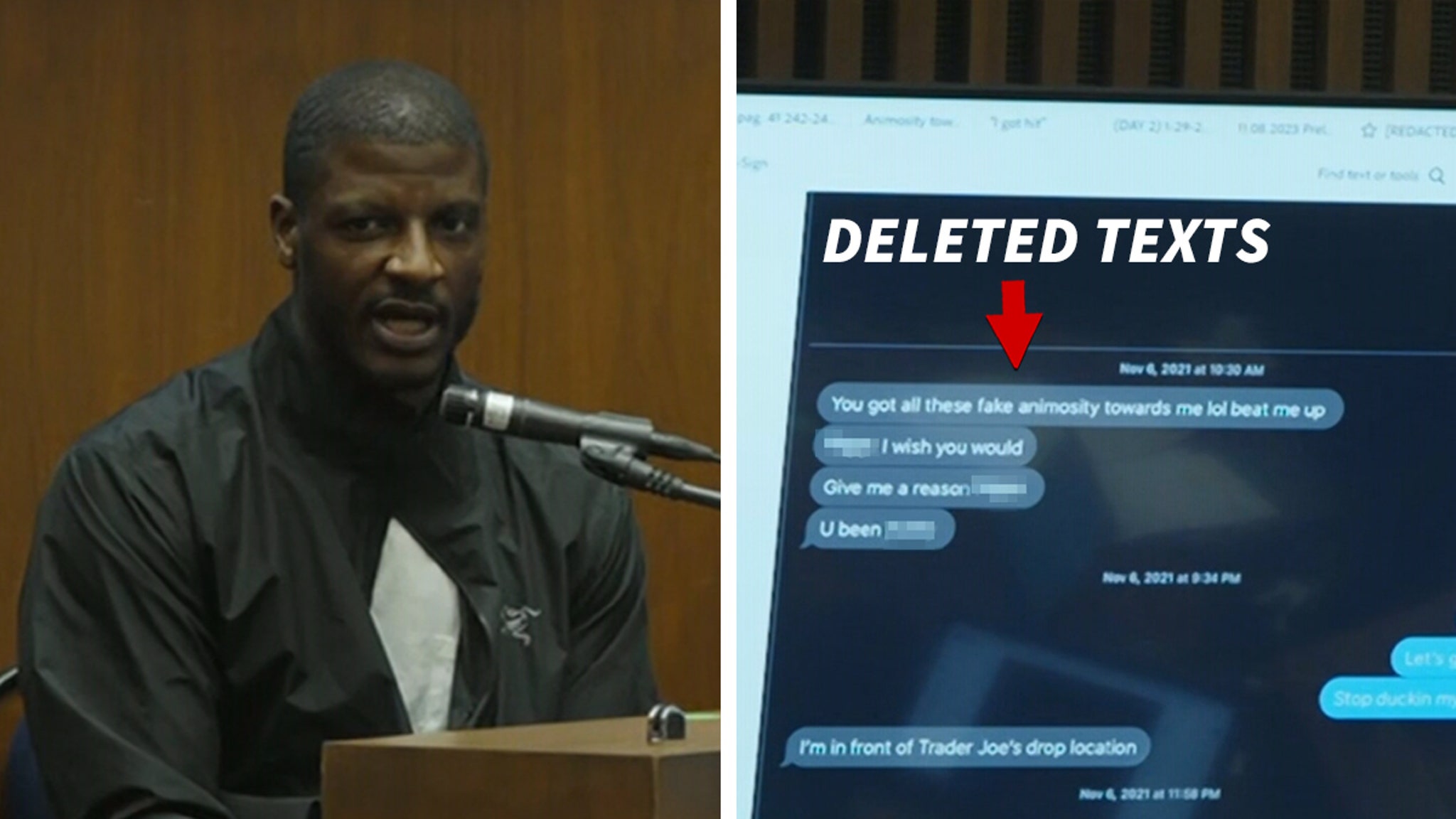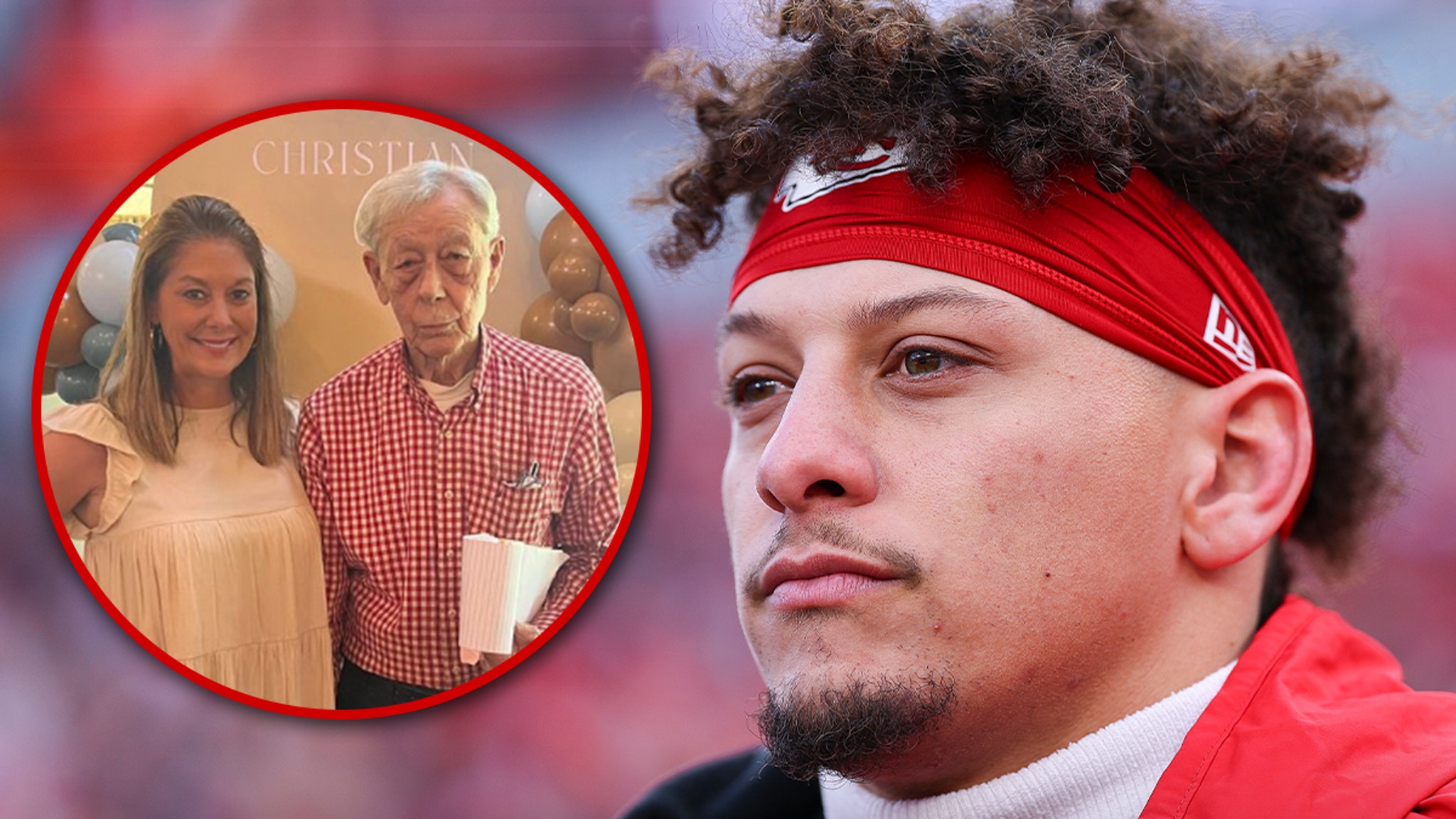Entertainment
Omar Harfouch’s Paris Debut of Concerto for Peace

As the sun set over Paris on September 18, casting a golden hue on the Théâtre des Champs-Élysées, more than 1,900 guests filled its storied halls, anticipating a performance that promised to be a memorable experience. Musicians took the stage in sunglasses, not for flair, but as a deliberate symbol designed by the evening’s creative force, Omar Harfouch. This marked the debut of “Concerto for Peace,” a philanthropic initiative that fused classical and oriental melodies with a message of unity. The audience—composed of diplomats, politicians, artists, and peace activists from across Europe—had gathered for a singular purpose: to explore music’s potential to transcend borders and inspire peace.
As the first notes flitted through the grand hall, a question arose—can music truly be a conduit for global harmony? According to Harfouch, the answer is a resounding yes.
A Harmony of Cultures
At its core, “Concerto for Peace” seeks to call for peace—geographic, cultural, and ideological—through the universal language of music. The September 18 performance was the first of many planned events aimed at promoting global harmony, and it left a strong impression on its attendees. Led by the 60-piece Orchestre Béziers Méditerranée, with conductor Mathieu Bonnin and violinist Anne Gravoin, the performance featured a distinctive mix of Eastern and Western instruments. From the lively ‘Fantaisie Orientale’ to the evocative ‘Tripoli,’ Omar Harfouch’s compositions reflected his cultural heritage and experiences as a Lebanese-born pianist and composer.
One piece, in particular, resonated with the audience— ‘You Save One Life, You Save Humanity,’ a composition Harfouch debuted last year. The title is derived from both the Talmud and the Qur’an, reflecting a universal belief that life, in all its forms, is equally valuable. In a world marked by conflict and strife, this message, delivered through music, was a plea for compassion and empathy. “This event has shown me just how powerful music can be in bringing people together,” Harfouch stated after the performance. “I hope ‘Concerto for Peace’ continues to inspire a world united in harmony.”
A Universal Call for Unity
The timing of “Concerto for Peace” comes at a poignant moment. With geopolitical tensions on the rise globally and communities facing increased polarization, Harfouch’s initiative emerges as a rare symbol of hope. The evening’s final performance, the titular ‘Concerto for Peace,’ was both intricate and emotionally charged. As the music transitioned from tension to harmony, it mirrored the themes of human conflict—struggle, pain, and ultimately, resolution. Harfouch himself, visibly moved, embodied these themes, drawing on the challenges of his childhood in Lebanon and the hope he holds for a peaceful future.
Omar Harfouch has long used his platform for advocacy. An award-winning pianist, composer, and human rights activist, Harfouch has spent years advocating for global peace. His musical repertoire is aligned with this mission, with each performance serving as a call to action for global leaders and citizens alike. “Peace is not an abstract concept; it’s something we must actively pursue,” Harfouch explained. “By using music as our vehicle, we hope to inspire individuals, communities, and leaders to come together in the spirit of cooperation.”
From Paris with Peace
The inaugural event in Paris marked a strong start for “Concerto for Peace.” Omar Harfouch’s vision is for the initiative to grow into a global movement, with performances scheduled in venues such as the United Nations in Switzerland, the Vatican, Shanghai, and the Italian Parliament. Each performance aims to reinforce the timeless message of peace and unity that transcends borders.
What sets “Concerto for Peace” apart from similar initiatives is its ability to weave cultural diplomacy into the concert experience. By integrating local musicians and addressing region-specific conflicts, Harfouch ensures that the message of peace is adapted to resonate deeply with audiences. Harfouch’s efforts have received acknowledgment from international organizations like the United Nations and the International League Against Racism and Anti-Semitism (LICRA) for promoting peace through cultural exchange.
“This is just the beginning of a long journey toward harmony,” Harfouch remarked. His optimism remains strong, and as the project expands, so too does its potential to make a meaningful impact on the global stage.
On the Strings of Hope
As the curtains fell on the Paris debut, the standing ovation honored both the musicians and the message they conveyed. In today’s world, division often feels insurmountable, but “Concerto for Peace” emphasizes the power of collaboration, understanding, and music to overcome such challenges.
Once the final piece concluded, the audience was left with a realization—peace is not easily won, but it is worth striving for. In this moment, the music had played its role, but the responsibility of carrying its message forward now rested with each individual present. With future performances already planned across Europe and Asia, Harfouch’s Concerto for Peace has the potential to inspire greater global conversations about the role of art in fostering unity.
Harfouch’s closing remarks to the audience were simple yet profound: “Now it is time for you to respond to the call for peace.”
Us Weekly partners with external contributors. All contributor content is reviewed by the Us Weekly editorial staff.























